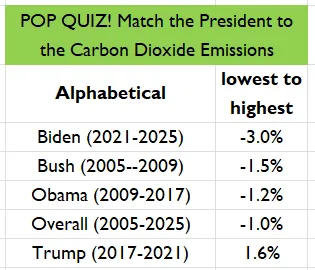https://insideclimatenews.org/news/15052022/philippines-fossil-fuels-climate-liability/
When Typhoon Haiyan struck the Philippines in 2013, it made a direct hit on the hometown of Yeb Saño’s family. Saño,the country’s chief climate negotiator at the time, had to attend the United Nations climate change conference in Poland only days after the storm passed. As he addressed the other delegates, his brother was helping collect the dead.
“My brother remembered exactly how many bodies he picked up with his own hands,” Saño said. “Seventy-three dead bodies exactly.”
Haiyan ultimately killed more than 6,000 people in the Philippines and damaged more than 1 million homes, uprooting lives with devastation from which the country still hasn’t recovered. While the storm may have been an act of nature, Saño and others were convinced that humans, ultimately, were responsible.
In 2015, working with Greenpeace Southeast Asia, Saño sought to hold those people accountable, petitioning the Philippines’ Commission on Human Rights to declare the world’s largest fossil fuel companies “accountable for either impairing, infringing, abusing or violating human rights” because of their contribution to climate change.
Earlier this month, the commission issued its conclusions. Saño felt vindicated. In a damning and lucidly-written report, the commission found that the world’s largest fossil fuel companies had “engaged in willful obfuscation and obstruction to prevent meaningful climate action.” The companies continue to deny climate science and try to slow a transition away from fossil fuels, the report said, driven “not by ignorance, but by greed.”
As the first national human rights body to weigh in on fossil fuel companies’ role in driving climate change, the commission determined that corporations have obligations under human rights law and can be held liable if they neglect them. While the commission has no power to compel companies or governments to act on its findings, legal experts said its report carries broad implications for other cases.
“This is a milestone for the narrative that climate impacts result in the infringement of human rights,” said Saño, now the executive director of Greenpeace Southeast Asia. “So this report means a lot to Filipinos who confront the adverse effects of the climate crisis. This means a lot for the pursuit of climate justice.”


